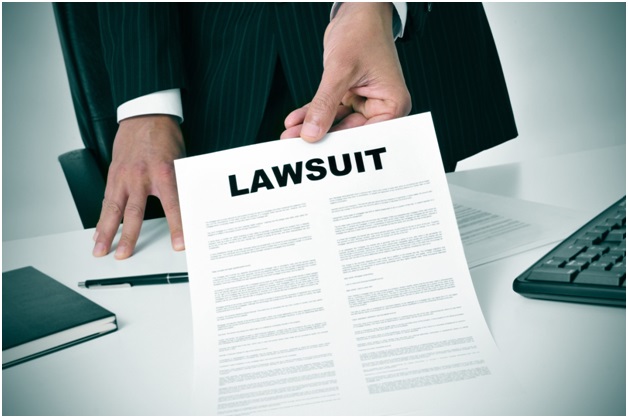For most people, the law is an out of sight, out of mind affair. When you’re suddenly faced with the reality of fighting a legal battle, that can leave you unprepared.
Navigating the legal labyrinth can be tough, even with an attorney on your side. Educating yourself on how it all works will go a long way to boosting your chances of a successful legal action.

Here are a few ways to build a strong case for an effective legal claim.
Write Now
Documentation wins cases. Think of facts as the ammunition of your case. The more exhaustive your records, the better equipped you are both to lay out your case and to counter the opposition.
These facts will form the basis of your complaint, which is the formal legal document that supports a claim. Facts, figures, and dates present a stable foundation on which to build your case. As facts are a lot more black and white than emotional arguments, they’re the essential core of a claim.
Honesty is the Best Policy
While both sides will attempt to paint a sympathetic picture in the courtroom, you shouldn’t be so creative outside the courtroom. In other words, make sure your attorney knows everything there is to know. The more honest you are, the better an attorney can prepare for your case. A surprised attorney is a bad attorney, and too often, the surprise results from their own client’s actions.
Witnesses Me
Witnesses help to establish the impartial facts of the case—they’re what broadens the case from a basic “did not!/did too!” scenario. A good witness can swing a whole case, so ensure you have solid, trustworthy witnesses on your side. You should do your best to ensure your witness has excellent personal credibility, too. Someone with a strong reputation, particularly in a position of trust, makes for a more effective witness.
Making a Statement
In many legal cases, the “face” of the proceedings is the impact statement. This sets out exactly how the victim has suffered as a result of the accused’s actions, whether it’s an injury caused by negligence, a robbery, or copyright infringement.
In contrast to the largely impersonal proceedings of the wider case, an impact statement puts a personality to the alleged crime and demonstrates exactly how the victim has lost out as a result. This impact can be described in material, intangible, or emotional terms, so the exact focus of the statement will change depending on the type of case.
Impact statements are especially important in personal injury cases. In this practice area, your statement establishes your personal stake.
Building a Strong Case for Your Legal Claim
With these tips, you can build a strong case for your legal claim. While it won’t guarantee your success, the party that comes prepared will often come out ahead in a legal case.
Looking for more steps to better living? Make sure to check back often for new tips, tricks, and guides.




